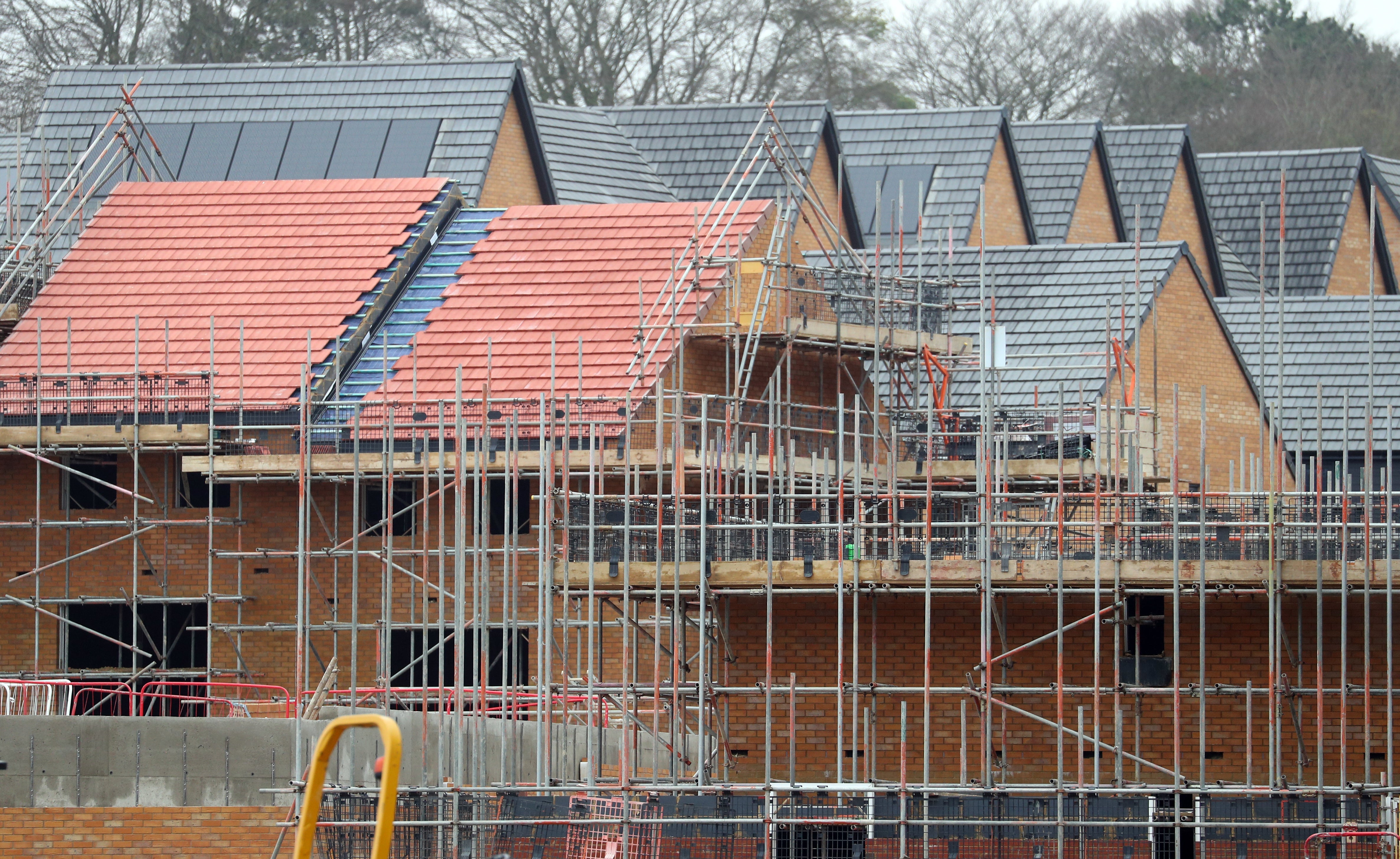England housing strategy to ‘consume 100% of country’s carbon budget’
The government’s response to England’s housing affordability crisis has been to pledge to build 300,000 new homes per year

The government’s housing strategy could consume all of England’s carbon budget unless vital action is taken to rapidly reduce the ecological impacts of housing.
Researchers estimate that 12 per cent of the country’s cumulative carbon budget (for a 50 per cent chance of limiting global warming to 1.5C by 2050) could be consumed by the construction and operation of newbuilds, and 92 per cent could be consumed by the existing housing stock, such as everyday emissions including heating homes and using electricity.
The team of researchers, led by Dr Sophus zu Ermgassen from the University of Kent’s Durrell Institute of Conservation and Ecology (DICE), models the future carbon emissions and impacts on nature generated by England’s current housing strategy.
The government’s response to England’s housing affordability crisis has been to pledge to build 300,000 new homes per year, which the researchers claim could conflict with England’s carbon budget, while housing expansion may also conflict with England’s national biodiversity targets.
Dr zu Ermgassen said: “Secure housing is a fundamental human right and should be one of society’s top priorities. But we recognise that simply building more homes forever is incompatible with achieving national environmental policy goals.
“So here we have tried to identify solutions that could help the government to avoid having to choose between England’s urgent housing needs and sustainability objectives.
“There is a way we can achieve high living standards for all, without causing too much further harm to the climate system and massive encroachment on what remains of England’s nature.
“But it will not be easy, as the politics of implementing some of the transformational solutions we review are extremely tough.”
The researchers suggest meeting more housing needs by using the existing stock more efficiently, which would be possible through efforts to improve house affordability, by reducing demand for homes as financial assets, expanding social housing, and disincentivising the overconsumption of floor space.
Their research paper titled “A home for all within planetary boundaries: pathways for meeting England’s housing needs without transgressing national climate and biodiversity goals” is published in Ecological Economics.
Subscribe to Independent Premium to bookmark this article
Want to bookmark your favourite articles and stories to read or reference later? Start your Independent Premium subscription today.

Join our commenting forum
Join thought-provoking conversations, follow other Independent readers and see their replies